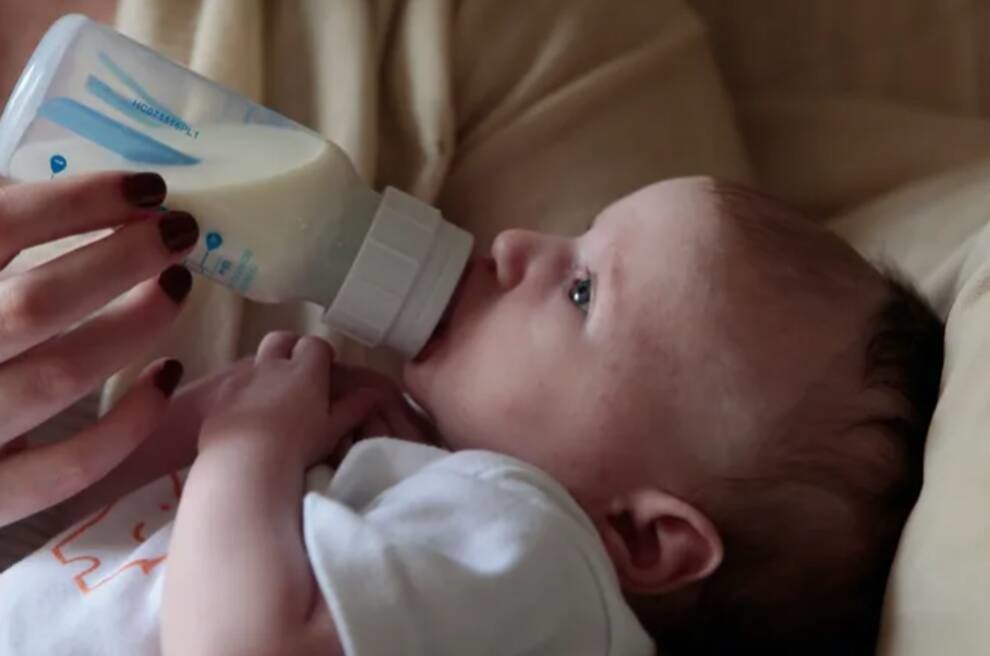We use essential cookies for the proper functioning of the website and additional ones to make interaction with the site as convenient as possible. It helps us personalize your user experience as well as obtain analytical information to improve the service.
If you agree to accept all cookies, click "Accept all"; if not, click "Only essential". To learn more, view the Cookie Policy.

Scientists have found foreign particles in baby bottles
Irish scientists have conducted a new study. It turned out that feeding bottles are not as safe as they previously thought. This is due to plastic waste that appears during the operation of utensils for babies.
Measurements were made of the amount of plastic that is "separated" during the preparation of mixtures, feeding and cleaning. It turned out that the total volume reaches 16 million microplastics particles per liter.
Temperatures in excess of 100 degrees, special cleaning agents and improper handling will intensify and speed up the above process. But here also nanoplastics "join".
Scientists analyzed data from more than 40 regions of the world. Up to several million of these particles can enter the infant's body every day.
Based on the research, the rules for the use of plastic bottles were formed. The procedure for sterilizing dishes is carried out according to the rules of the WHO.
Boil water in a metal kettle. Mixing is carried out in a glass or ceramic container. Do not mix the finished mixture or reheat it in the microwave oven. In the latter case, it is better to use a steam bath or a container of hot water for this.
Scientists also examined other plastic utensils used by children - lunchboxes, teapots, plates. They release even more microplastic particles than feeding bottles.
Parents should try to adhere to the recommended rules to minimize negative effects on the child's body. We are talking not only about babies, but also children of preschool and primary school age.
See also: British scientists have developed a robot jellyfish
Measurements were made of the amount of plastic that is "separated" during the preparation of mixtures, feeding and cleaning. It turned out that the total volume reaches 16 million microplastics particles per liter.
Temperatures in excess of 100 degrees, special cleaning agents and improper handling will intensify and speed up the above process. But here also nanoplastics "join".
Scientists analyzed data from more than 40 regions of the world. Up to several million of these particles can enter the infant's body every day.
Based on the research, the rules for the use of plastic bottles were formed. The procedure for sterilizing dishes is carried out according to the rules of the WHO.
Boil water in a metal kettle. Mixing is carried out in a glass or ceramic container. Do not mix the finished mixture or reheat it in the microwave oven. In the latter case, it is better to use a steam bath or a container of hot water for this.
Scientists also examined other plastic utensils used by children - lunchboxes, teapots, plates. They release even more microplastic particles than feeding bottles.
Parents should try to adhere to the recommended rules to minimize negative effects on the child's body. We are talking not only about babies, but also children of preschool and primary school age.
See also: British scientists have developed a robot jellyfish


